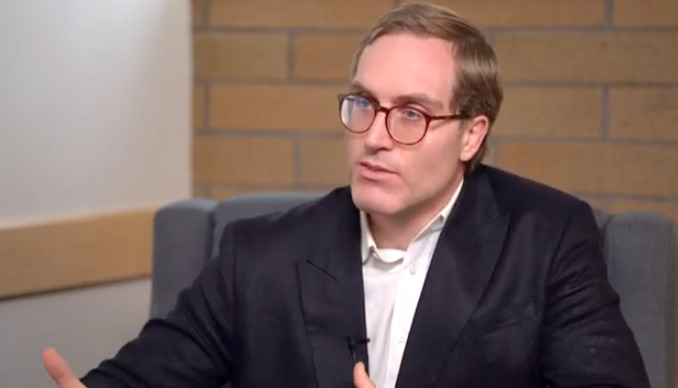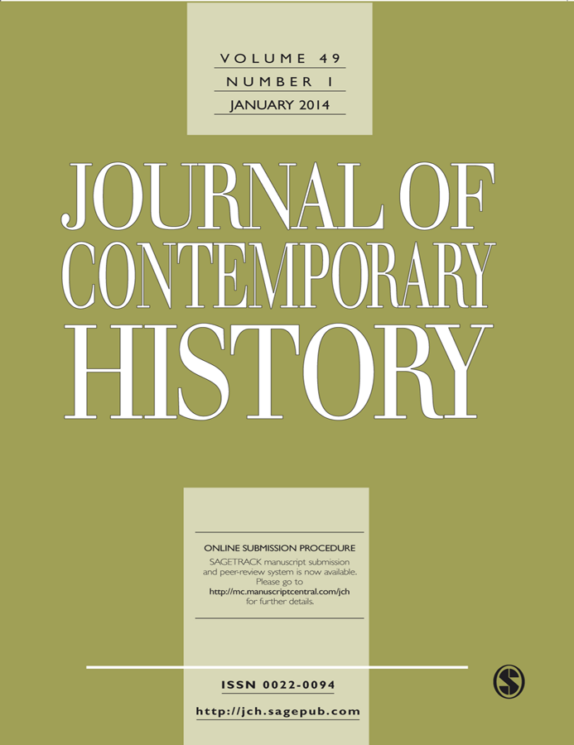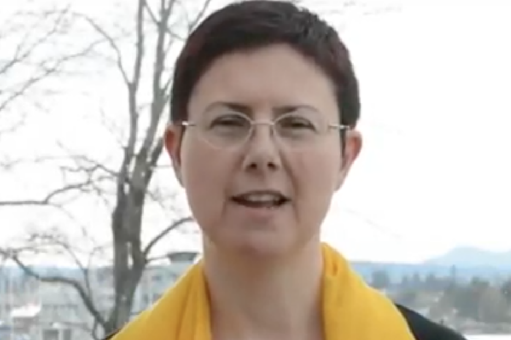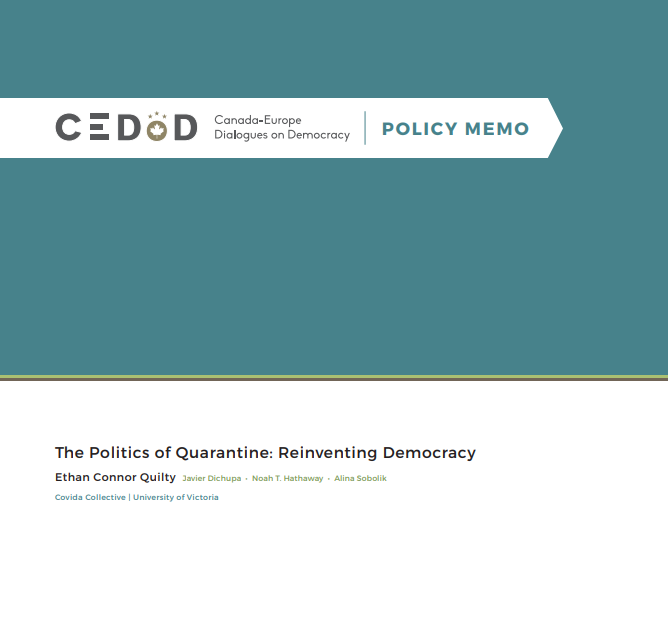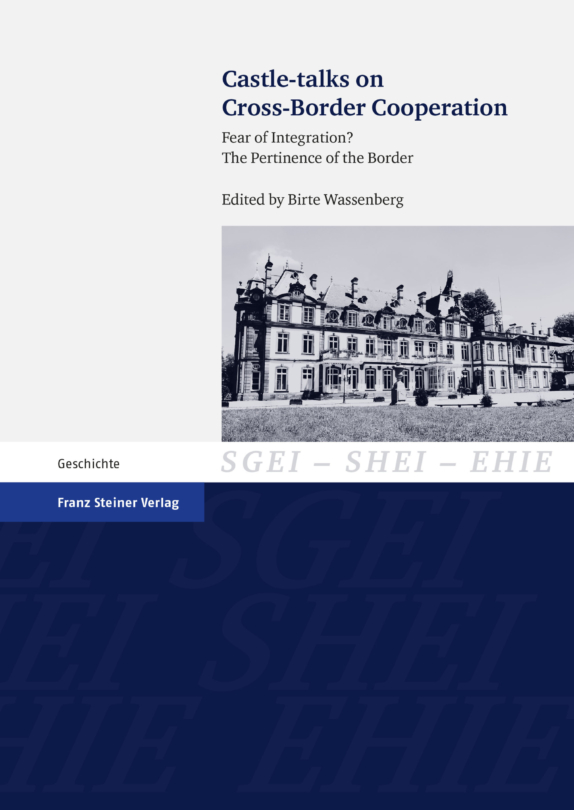Angela Merkel’s Fourth Chancellor Bid – Domestic and International Challenges, by Oliver Schmidtke
By Oliver Schmidtke, Centre for Global Studies, University of Victoria
On Sunday, German Chancellor Angela Merkel announced that she will seek re-election in the 2017 federal elections. After eleven years in office Chancellor Merkel stated that her decision was “anything but trivial”. Her hesitation might have to do with the uncertainty and upheaval that characterizes the international and, to a degree, the domestic political arena.
The European Union is currently caught in the midst of the most severe crisis since its inception in post-War Western Europe. The Brexit vote indicated how popular anti-EU sentiments are in the wider public and how approaches driven by nationalist agendas have formed the agenda of many EU member-states. The other part of the dual engine that traditionally has promoted European integration, France, faces presidential elections in which the Front National under Marine Le Pen is poised to be a serious contender. Leadership in the EU is likely to be challenging. Similarly, President Elect Trump’s suggestions to question established Western alliances adds to the instability of an environment which Germany is dependent on as one of the leading global export countries.
Domestically Angela’s Merkel’s fourth chancellorship is not a done deal yet. In the wake of the European refugee crisis she faces considerable opposition even from within her own party, or more accurately the Bavarian sister party of the CDU. Challenges will come from the right – with an emboldened right-wing populist party (the Alternative for Germany”) – as well as from the left. At least numerically a coalition between the Social Democrats, the Left Party and the Green Party might be a viable alternative in the forthcoming elections. Yet, at this point the most probable outcome is the continuation of the Grand Coalition between Angela Markel’s CDU/CSU and the Social Democrats.
Dr. Oliver Schmidtke is available for interviews. Please contact ofs@uvic.ca
About the author: Oliver Schmidtke is Director of the Centre for Global Studies (CFGS) and Jean Monnet Chair in European Politics and History at the University of Victoria. Dr. Schmidtke, a former director of European Studies and president of the European Community Studies Association in Canada (ECSA-C), holds appointments in the departments of Political Science and History. Currently his research focuses on issues of democracy, populism, memory politics, the labour market inclusion of highly skilled immigrants as well as processes of political advocacy of migrant and minority groups.
 https://www.dw.com/de/f%C3%BCnfte-amtszeit-von-angela-merkel/a-53453226v
https://www.dw.com/de/f%C3%BCnfte-amtszeit-von-angela-merkel/a-53453226v
